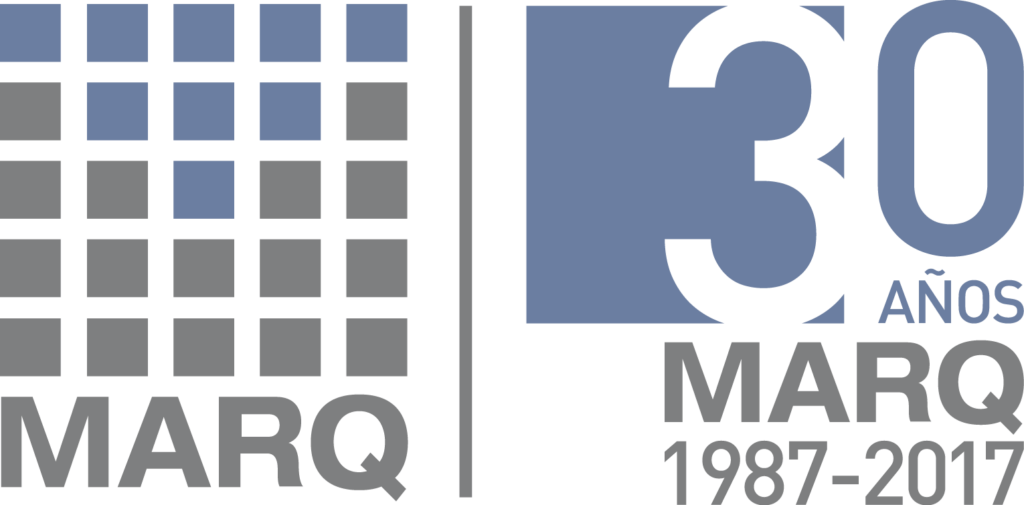LEGO and the Game of life
The small internationally prized brick, offers more than a playful possibility of construction: a system to solve the problems that are presented day by day in teams of work and companies. Based on Constructionism and Constructivism, Lego Serious play, lets you play, learn, be a child again and "think with your hands" to find solutions.
The LEGO name is the abbreviation of two Danish words "leg godt" meaning "to play well". Besides the name, it represents the ideal of the company − LEGO Group − Founded in 1932 by Ole Kirk Kristiansen. This, passed from father to son and currently its owner is Kjeld Kirk Kristiansen, grandson of the founder.
The history of the company goes a long way for almost 80 years, from its beginnings in a small carpentry workshop, to its consolidation as a modern multinational company that currently occupies the third place in sales worldwide between Toy manufacturers.
The famous "Brick LEGO" is its most important product and consists of an ingenious assembleable brick that has twice received the "Toy of the Century" award. The current format of this piece was born in 1958 when its creators conceived a principle of union by means of tubes, with possibilities of unlimited construction.
Since then it has gained popularity among children and not so children, as it is currently part of a training system on topics such as: strategy development, product identity, business scenarios, communication, productivity, analysis and Competition actions, market research, talent attraction and detection, Assessment Center, negotiation, Team Building, Change Management, among others.
This is the LEGO SERIOUS PLAY methodology, a tool that consists of building real-time strategies to create effective resolutions for any problem. It is based on a scientific research, built on Constructionism and Constructivism, linked to the way adults solve problems and was developed by the same LEGO company, in collaboration with MIT and the University of Lausanne.
The methodology of Lego Serious Play (LSP) is based on three fundamental maxims:
"Bosses don't have all the solutions."
"People have a willingness to participate."
"The most sustainable companies are those who listen to their employees."
On the basis of these three pillars, each session or LSP Workshop has a unique objective: to search for and find the solution to the topic raised at the beginning. This must be overcome by a series of successive and complete cycles of issues, whose answers will help to solve the issue raised by the Dynamiser.
Each of these cycles comprises four stages:
- The challenge. The facilitator sends a question to the group and requests that each member provide a response using the LEGO pieces.
- The construction. It is the phase in which each participant expresses his solution by creating a LEGO piece or model.
- The argument. Each member explains to the rest its model built in response to the question raised at the beginning of the session. During this period, you will have to respond to all the issues launched by the Facilitator/energizer, but you will never question the author's work.
- The closing. Last phase in which the Facilitator, along with the rest of the assistants, summarizes the session.
The Lego Serious Play methodology allows you to "think with your hands," and expands the possibility of team members knowing, collaborating, discussing, solving problems, and making decisions in an effective process. Therefore, for both children and adults, playing is the best option to learn and be creative.
